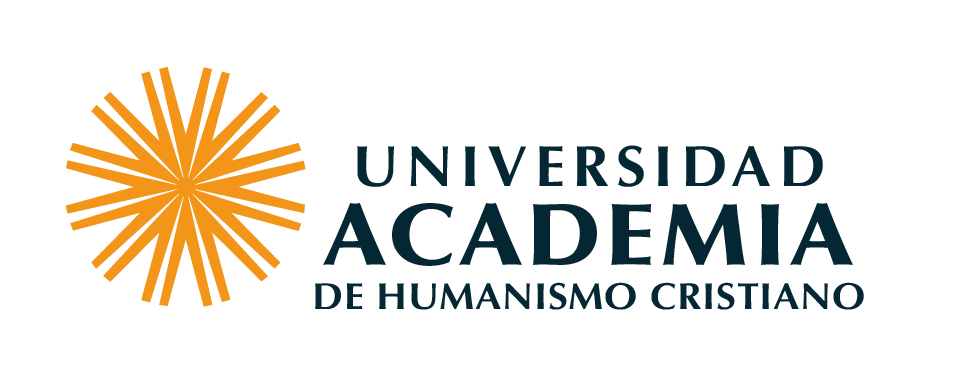Introduction : (Record no. 24524)
[ view plain ]
| 000 -CABECERA | |
|---|---|
| campo de control de longitud fija | 03461cab a2200229 a 4500 |
| 001 - NÚMERO DE CONTROL | |
| campo de control | 024524 |
| 003 - IDENTIFICADOR DEL NÚMERO DE CONTROL | |
| campo de control | UAHC_CL |
| 005 - FECHA Y HORA DE LA ÚLTIMA TRANSACCIÓN | |
| campo de control | 20170810120724.0 |
| 008 - DATOS DE LONGITUD FIJA--INFORMACIÓN GENERAL | |
| campo de control de longitud fija | 010801b xx j 000 1 eng |
| 040 ## - FUENTE DE LA CATALOGACIÓN | |
| Centro catalogador/agencia de origen | UAHC_CL |
| Centro/agencia transcriptor | UAHC_CL |
| Centro/agencia modificador | UAHC_CL |
| 100 1# - ENTRADA PRINCIPAL--NOMBRE DE PERSONA | |
| Nombre de persona | Biersack, Aletta |
| 245 10 - MENCIÓN DE TÍTULO | |
| Título | Introduction : |
| Resto del título | from the "new ecology" to the new ecologies. |
| 260 ## - PUBLICACIÓN, DISTRIBUCIÓN, ETC. | |
| Lugar de publicación, distribución, etc. | Arlington |
| Nombre del editor, distribuidor, etc. | American Antropological Association |
| Fecha de publicación, distribución, etc. | 1999 |
| 500 ## - NOTA GENERAL | |
| Nota general | En: American Anthropologist. -- Vol. 101 No. 1(marzo 1999), pp. 5-18. ISSN 00027294 |
| 520 ## - SUMARIO, ETC. | |
| Sumario, etc. | An earlier ecological anthropology defined its project within the compass of the idealism v. materialism debate. Culture was an adaptive tool, instrumental rather than formal; it was intelligible with respect to its material effects, notÑas the idealists would maintainÑin terms of itself, as an autonomous, self-determining order of reality. This argument was mounted with respect to bounded, stable, self-regulating, local, or at best regional entities and the environment they inhabited. All of the premises of the earlier ecology have since been challenged, and today's ecologiesÑsymbolic, historical, and politicalÑradically depart from the reductions and elisions of the ecological anthropology of the past. In particular, the new ecologies override the dichotomies that informed and enlivened the debates of the pastÑnature/culture, idealism/materialismÑand they are informed by the literature on transnationalist flows and local-global articulations. This introduction positions Rappaport's work within this historical shift from a polarized field of mutually exclusive frameworks to today's synthetic new ecologies and their antireductive materialism. Rappaport's work, produced over three decades, serves, in and through its own transformations, as a bridge between the reductive materialism of the past and a new-materialist ecology. |
| 650 #4 - PUNTO DE ACCESO ADICIONAL DE MATERIA--TÉRMINO DE MATERIA | |
| Término de materia o nombre geográfico como elemento de entrada | MATERIALISMO |
| 773 0# - ENLACE AL DOCUMENTO FUENTE/ENTRADA DE REGISTRO ANFITRIÓN | |
| Título | American anthropologist |
| Número de control del registro | 024522 |
| 900 ## - ELEMENTOS DE DATOS A LOCAL, LDA (RLIN) | |
| Nombre de persona | AM. ANTHROPOL.-01/99 |
| 942 ## - ELEMENTOS DE PUNTO DE ACCESO ADICIONAL (KOHA) | |
| Tipo de ítem Koha | Analítica de revista |
| Fuente del sistema de clasificación o colocación | Dewey Decimal Classification |
| Estado de retiro | Estado de pérdida | Estado dañado | No para préstamo | Código de colección | Localización permanente | Ubicación/localización actual | Ubicación en estantería | Fecha de adquisición | Total de préstamos | Signatura topográfica completa | Código de barras | Fecha visto por última vez | Número de copia | Precio válido a partir de | Tipo de ítem Koha |
|---|---|---|---|---|---|---|---|---|---|---|---|---|---|---|---|
| Biblioteca Central | Biblioteca Central | Colección General | 2017-08-03 | AM. ANTHROPOL.-01/99 | FICTICIO141 | 2019-01-08 | 1 | 2017-08-03 | Analítica de revista |
